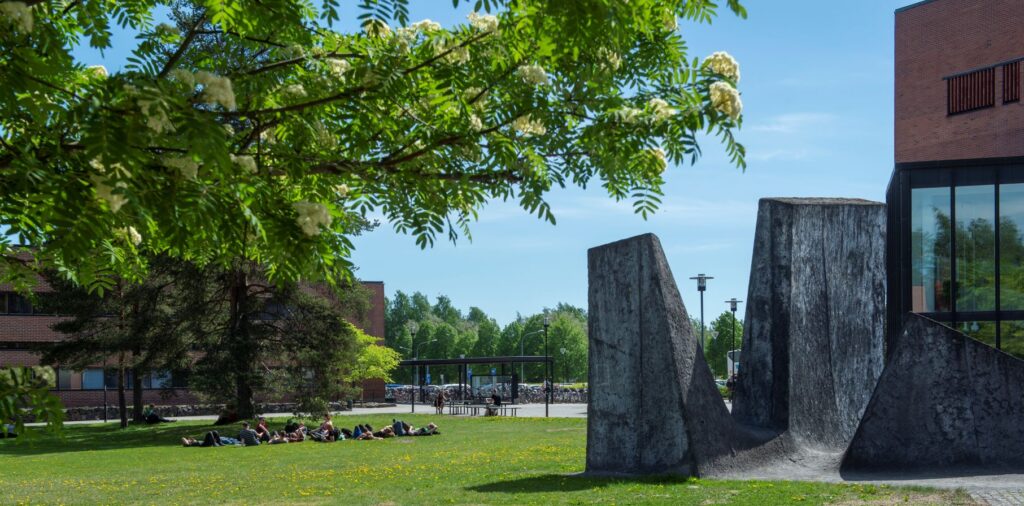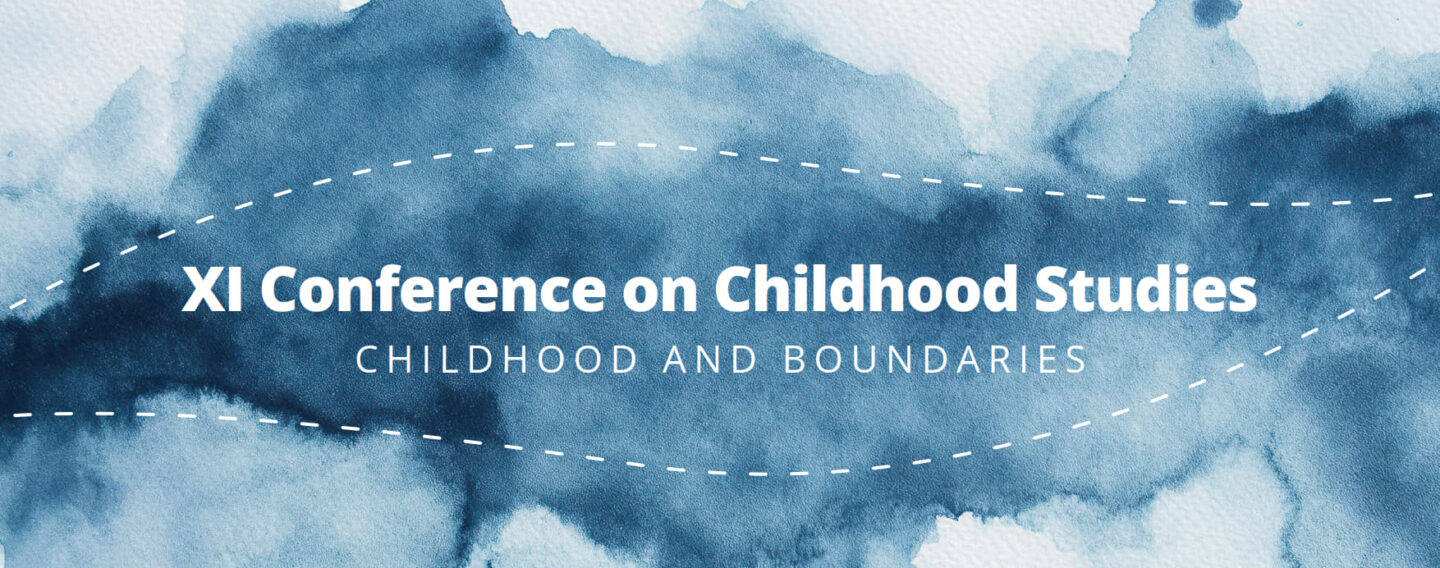Welcome to the XI Conference on Childhood Studies, May 6–8, 2026
University of Eastern Finland, Joensuu, Finland
The main event organised by the Finnish Society for Childhood Studies is the annual/biannual Conference on Childhood Studies, which was held for the first time in 2008 in Turku, Finland.
The International XI Conference on Childhood Studies will be held in Joensuu on 6–8 May 2026. The theme of the conference is Childhood and Boundaries.
Conference registration is now open.
The Keynote Speakers of the conference are Professor Helen Stalford (University of Liverpool) and Associate Professor Pekka Mertala (University of Jyväskylä).
For the first time, the conference will also feature a panel discussion. The panel is chaired by Professor emerita Maarit Alasuutari from the University of Jyväskylä, Faculty of Education and Psychology. The panelists are the keynote speakers, Professor Noora Ellonen (Tampere University), and Professor Karin Murris (University of Oulu).
Upcoming timelines:
2025
- Spring 2025: Keynote speakers will be announced
- 22 September – 10 November 2025: Abstract submission/Symposium proposals
- 8 November 2025 – 31 January 2026: Early bird registration
- 10 December 2025: Abstract acceptance notification
2026
- 8 November 2025 – 31 January 2026: Early bird registration
- March 2026: The conference programme will be published in early March
- 31 January – 6 May 2026: Regular registration
- 1 February 2026: Programme published
- 6–8 May 2026: Conference dates
XI Conference on Childhood Studies in 2026 is organised by the Finnish Society for Childhood Studies, University of Eastern Finland, SOS Children’s Villages, and Coordinating the participation and inclusion of children, young people and families.
Venue: University of Eastern Finland, Joensuu Campus (Specific venue to be advised).

Contact us: childhood2026(@)uef.fi
#ChildhoodConf2026

